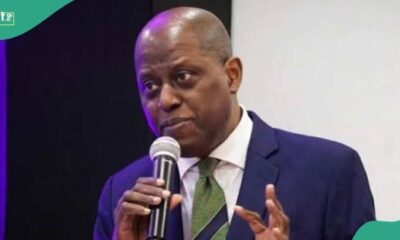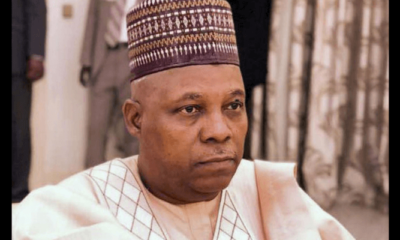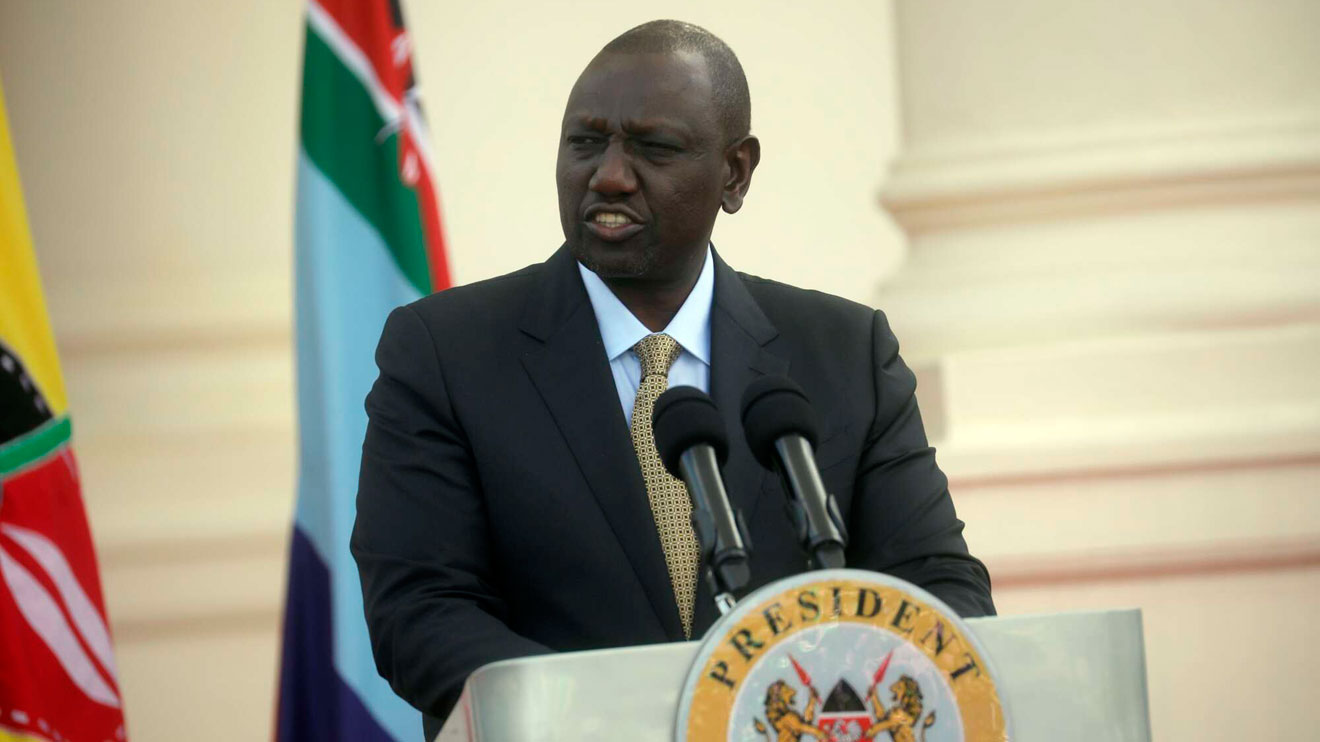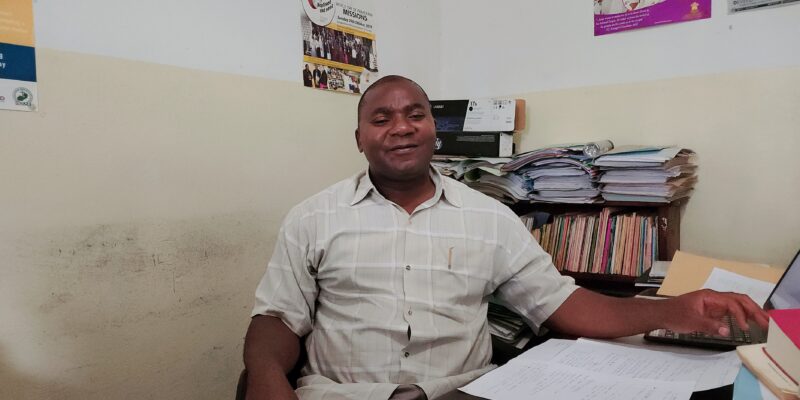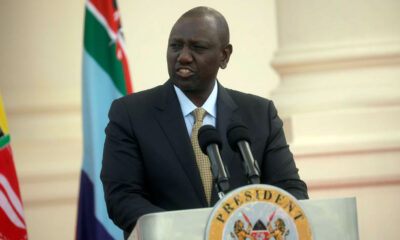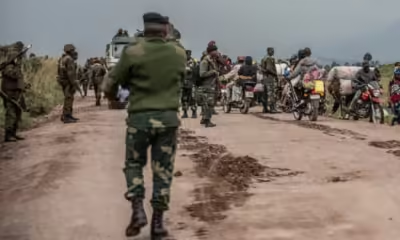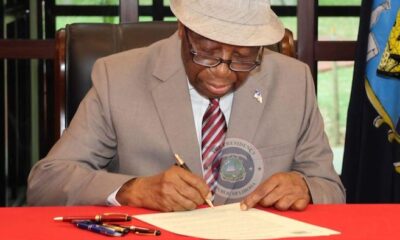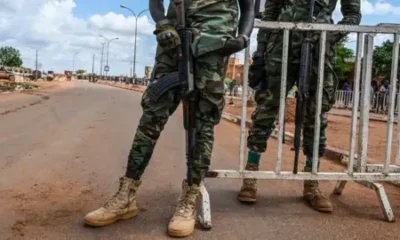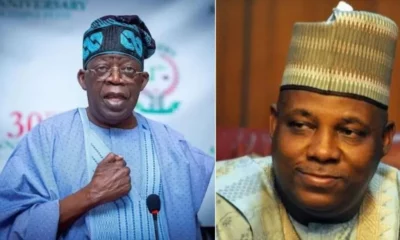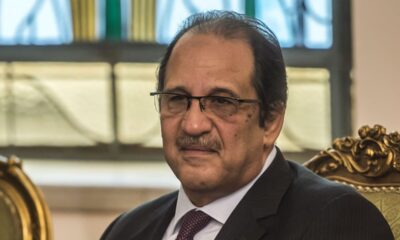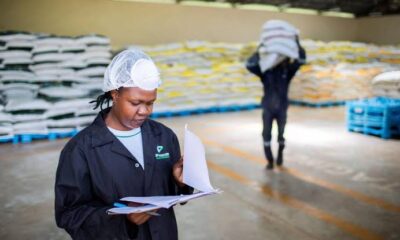President William Ruto has announced that the severe rains that have been plaguing Kenya for the past several weeks resulting in extensive floods and landslides that have claimed at least 210 lives are expected to intensify further this month.
Kenya, the largest economy in East Africa, has seen widespread destruction of roads, bridges, homes, and other infrastructure due to flooding. More people have died due to the floods than from the El Nino weather phenomena that occurred late last year.
“Sadly, we have not seen the last of this perilous period, as the situation is expected to escalate. Meteorological reports paint a dire picture,” Ruto said on Kenyan television. “Kenya may face its first-ever cyclone.”
According to the Igad Climate Prediction and Applications Centre, Cyclone Hidaya is predicted to make landfall in Tanzania, Kenya’s southern neighbour, on Saturday. It is forecast to bring with it winds of up to 100 mph and waves that are about eight meters (26 feet) high.
“This cyclone, named Hidaya, that could hit anytime now, is predicted to cause torrential rain, strong winds and powerful and dangerous waves,” Ruto said.
Ruto gave the order to evacuate landslide-prone areas earlier this week and relocate to safer terrain. The government has ordered the evacuation of residents in informal settlements adjacent to rivers and streams, as well as those living close to 178 dams and water reservoirs that are currently on the verge of spilling over.
He had announced that all schools would not reopen for the upcoming semester, which is scheduled to begin this week, until further notice. According to him, the Nairobi County government is coordinating closely with donors and humanitarian organizations to supply food and non-food resources to those affected by the flooding. The county has established 115 camps to house those who have been displaced.
Leaders of the opposition and human rights organizations have criticized Ruto’s government for how it handled the catastrophe.
Human Rights Watch alleged on Thursday that despite warnings from the Kenya Meteorological Department a year ago regarding the anticipated impact of flooding induced by El Nino, officials had not promptly implemented a national response plan.
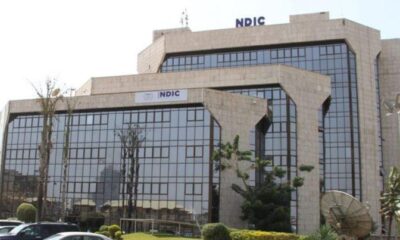
 VenturesNow2 days ago
VenturesNow2 days ago
 Sports2 days ago
Sports2 days ago
 VenturesNow14 hours ago
VenturesNow14 hours ago
 Culture2 days ago
Culture2 days ago




